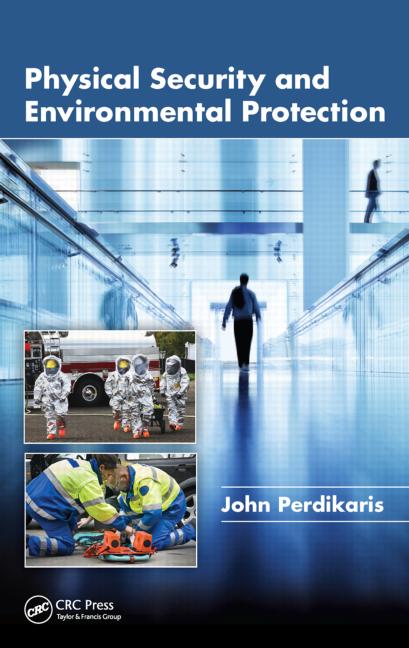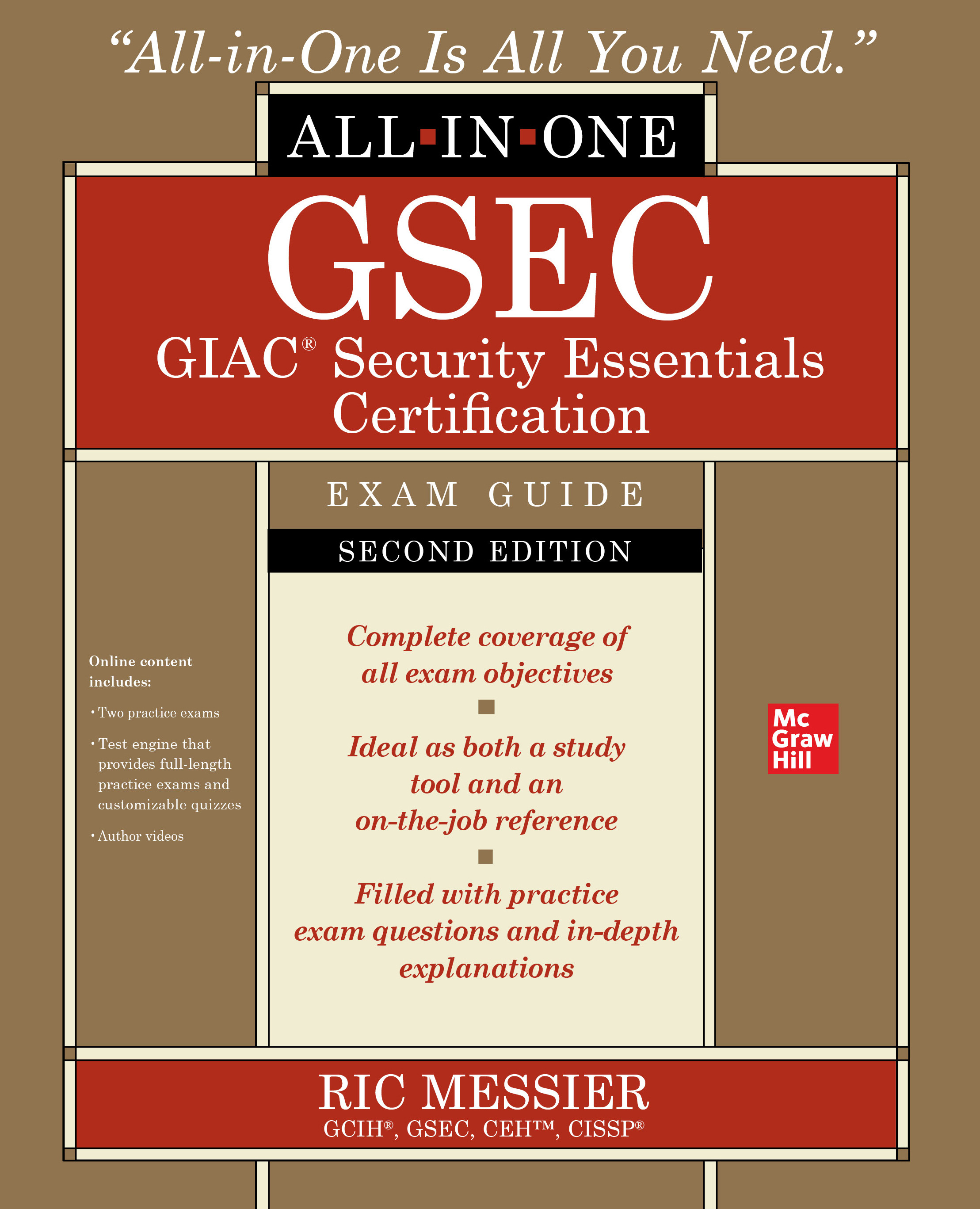
|
| Videofield's Keith Jentoft (left) has been making a case among law enforcement agencies for a policy change among PSAPs for priority response to alarms. Here, Jentoft poses with Sheriff Paul Fitzgerald, 1st vice president of the National Sheriffs Association. |
In a recent letter, Steve Walker, vice president customer service centers, Stanley Convergent Security Solutions (Stanley CSS), Naperville, Ill., wrote to The Security Industry Alarm Coalition (SIAC), Frisco, Texas, and publicly supported both the services SIAC provides to the security industry and announced a strong stand as a company in favor of priority response. In the letter, Stanley’s Walker commended SIAC on “providing a valuable service for the community and security industry.”
“Unification has a huge impact on what we are able to accomplish as an industry, so receiving a letter like this with support from Stanley, the No. 2 alarm company in the nation, for the work we’re doing here at SIAC means a lot,” Stan Martin, executive director, SIAC, said. “When the entire industry is working together, we can accomplish more, succeed as an industry and strengthen our relationship with law enforcement and governing bodies.”
On the record, Stanley CSS is a strong supporter of verified technology, and in the letter Walker also indicated support for priority response.
“We do support priority response, where police give higher priority response to alarms where suspicious activity has been verified by audio, video, or both, as a stronger approach. [It] delivers more arrests and is a greater value to our customers. As a company we are building strong partnerships with local law enforcement by using verified alarm systems for more arrests, more efficient use of public resources and greater officer safety,” Walker wrote.
Later, in an interview with SDM magazine, Felix Gonzales, vice president strategic initiatives and business development, Stanley CSS, further explained the company’s position on verified technologies and its opposition to all verified and priority response ordinances that would limit services or impede response to alarm customers.
“We’ll go to the top of the mountain to say that verified response technologies are terrific for customers and responding agencies, but we oppose verified response ordinances that take away the right of customers to get response to alarms,” said Felix Gonzales, vice president strategic initiatives and business development, Stanley CSS. “It is not a change in position or direction. We believe verification is the future of the industry, and we are moving forward to making it more affordable to the whole market and making it mainstream.”
Stanley CSS provides verified security with its Sonitrol audio verification technology, Stanley's eVideo alarm verification and now with its strategic partnership with RSI Video Technologies, White Bear Lake, Minn., and RSI’s Videofied video verification offering that is integrated into Stanley's online eServices service.
In a statement to SDM, Walker further explained the company’s position on verified technologies and priority response.
“Stanley CSS has a long history of monitoring alarm systems using both traditional digital and verification technologies. With the acquisition of the Sonitrol Corporation in June 2008, Stanley CSS became a leader in audio verification alarm technology and inherited a proud legacy as the industry leader in criminal apprehensions. With a strong industry presence in traditional security and verified alarm monitoring, Stanley CSS understands the importance of finding the best solution for customers across the continuum of choices, but firmly endorses the use of verification technologies to reduce false alarms and increase criminal apprehensions.
“When it comes to alarm response, Stanley CSS does not support non-response legislation that limits law enforcement response to systems designed without verification technologies, but instead advocates prioritization of response to systems using these technologies.”
“False alarm reduction continues to be a priority for the industry and we believe the use of audio and video alarm verification technologies is the best way to achieve this goal and prioritization of alarms is the best way to help law enforcement increase the number of apprehensions. Priority response represents the logical and responsible choice for our industry, to help law enforcement optimize the use of their resources without compromising or negating the legitimate role of conventional alarm systems for customers that choose to use them.”
Keith Jentoft, president of Videofied commented, “Alarm response is the natural result of a partnership between law enforcement and the security industry, our greatest asset. This partnership is crucial to both the industry and the community. Stanley pushes beyond reducing needless dispatches. Stanley actually strengthens the partnership by both minimizing a negative (false alarms) and maximizing a positive (arrests). It pays off in higher priority response and a safer community.”
| More on Priority Response at ISC West |
| On Tuesday, April 5, 2011, during ISC West, Keith Jentoft of Videofied will present a one-hour session on the topic of priority response. He explained, “Priority response is being embraced by law enforcement as a painless alternative to non-response that delivers more arrests and greater life safety.” The session, titled, “Priority Response: More Arrests, Efficiency, Safety,” will cover the details of three different alarm technologies that are designed to stimulate priority response. Attendees will learn the new code used in the dispatch center for video alarms, the e-mail address that central stations should use to send video clips to PSAPs, and how to make a formal city policy announcement to the community. The learning objectives of this session are: 1. Understanding that priority response is vendor neutral; 2. showcasing the ability of priority response to improve life safety, increase arrests and provide greater crime deterrence; and 3. learning how to implement priority response in the 911 dispatch center with a simple policy change. The session is scheduled to take place on April 5, from 10:15 a.m. – 11:15 a.m. at ISC West. |







